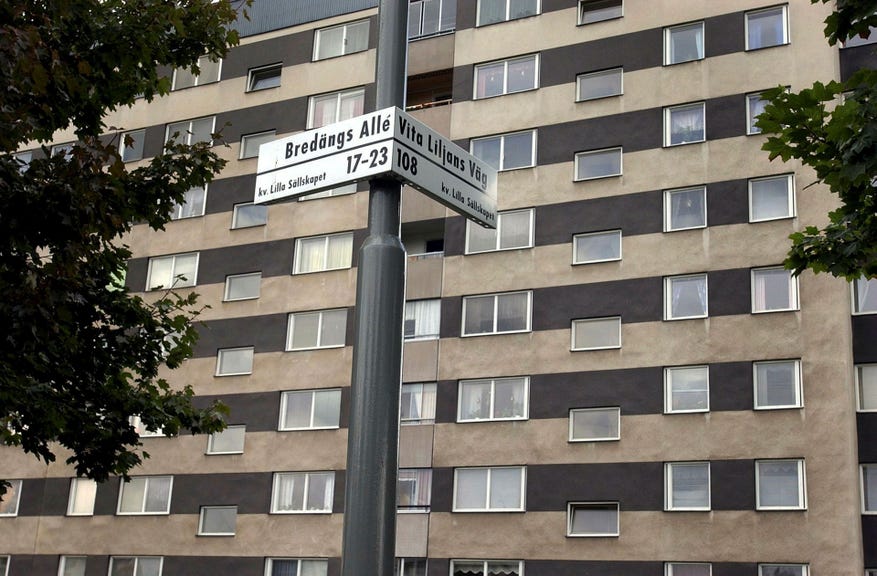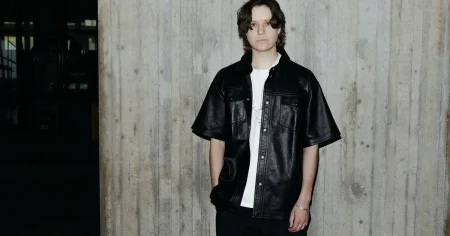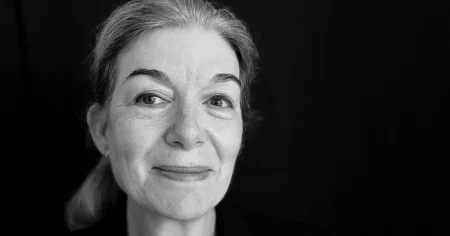Rebecka Åhlund’s debut young adult novel, ”Bitarna” (The Pieces), opens with a classic coming-of-age scenario: Dina, on the cusp of adolescence with the promise of summer stretching before her, discovers her mother has disappeared. This sudden plunge into a world devoid of adult supervision echoes themes found in timeless works like Sigfrid Siwertz’s ”Mälarpirater” and P.C. Jersild’s ”Barnens ö,” but the novel’s cinematic quality draws a more immediate parallel to Mika Gustafsson’s film ”Paradiset brinner,” where orphaned sisters create their own rituals of nascent adulthood. Åhlund skillfully establishes a sense of both anticipation and vulnerability as Dina navigates the unknown territory of her mother’s absence.
With her mother gone, Dina embarks on a series of adolescent rites of passage, tentatively exploring the world of makeup, boys, alcohol, and perhaps even drugs. This experimentation is interwoven with an undercurrent of anxiety and vulnerability, creating a narrative that blends social realism with a touch of magical realism. Dina’s environment, a rundown, child-filled apartment complex juxtaposed against the affluence of a nearby neighborhood, further anchors the story in the tradition of realistic suburban youth literature that has flourished since the 1970s. However, Åhlund avoids the genre’s typical pitfalls by situating Dina in a relatively anonymous setting, steering clear of the overused backdrops of Stockholm suburbs like Skärholmen, Alby, Tensta, and Rinkeby often found in Swedish literature.
The deliberate anonymity of Dina’s surroundings expands the novel’s reach. Instead of confining the story to a specific, recognizable location, Åhlund creates a setting that could be found on the outskirts of virtually any Swedish town, reflecting the reality of the numerous housing projects built during the Million Programme of 1965-1975, which are scattered across the country, even in smaller communities. This universality enhances the story’s timelessness, making it relatable to a broader audience. By avoiding specific contemporary references like slang, brand names, or popular music, Åhlund further strengthens the novel’s timeless appeal.
While Åhlund is an established author of middle-grade and adult fiction, ”Bitarna” marks her foray into young adult literature. This transition is navigated with impressive skill, resulting in a novel that feels both contemporary and enduring. While occasionally, Åhlund’s sophisticated prose style briefly intrudes upon Dina’s narrative voice, these instances are minor and do not detract from the overall reading experience. Dina and her friends feel authentic and believable, their personalities and interactions resonating with readers despite the absence of explicit contemporary markers. Instead of relying on trendy references, Åhlund imbues the story with a unique, almost fairytale-like quality, enhanced by her clear, lyrical prose.
The novel’s strength lies in its delicate balance of realism and subtle magical elements. The recognizable anxieties and challenges of adolescence—the awkwardness of first crushes, the allure of forbidden experiences, the underlying fear of the unknown—are rendered with sensitivity and nuance. Simultaneously, a subtle undercurrent of otherworldly charm permeates the narrative, creating an atmosphere that is both grounded and dreamlike. This duality is reflected in the portrayal of Dina’s environment, which is at once ordinary and infused with a peculiar magic.
”Bitarna” is a testament to Åhlund’s storytelling prowess. By choosing to focus on universal themes of adolescence and crafting a narrative that transcends specific time and place, she has created a novel that resonates with a timeless quality. The absence of contemporary references, rather than dating the story, allows it to speak to a wider audience across generations. The lyrical prose, reminiscent of a fairytale, elevates the everyday experiences of Dina and her friends, transforming them into something both familiar and enchanting. This blend of realism and magical realism, coupled with the relatable struggles of a young girl navigating the uncharted waters of adolescence, makes ”Bitarna” a compelling and ultimately unforgettable read.














